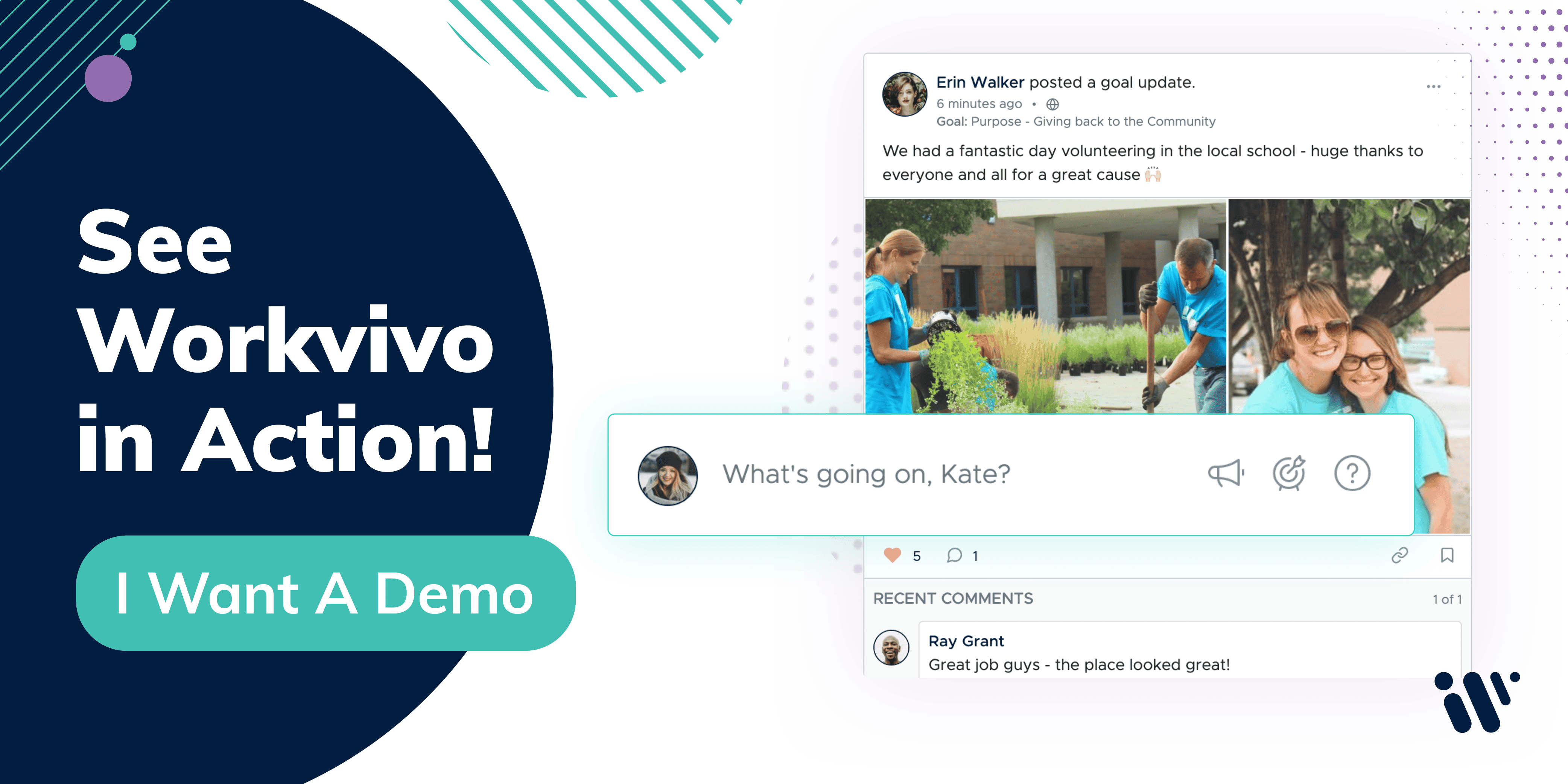3 Reasons Social Advocacy is Good for Business

Barry Nyhan
Senior Demand Gen & Marketing Ops
3 Mar 2020

Social advocacy is the process of empowering individual employees to support an internal or external cause to connect with a larger audience, writes Andrea Graham.
We’d all like to work for a company that stands for something – a common cause that every employee can get behind enthusiastically.
Here are three reasons why your company needs to make social advocacy a top priority right now.
1. All employees care about social issues
Whether it’s health, inclusion, sustainability, diversity, or charitable causes, your employees care strongly about social issues. Implementing social advocacy policies that tie into these also offers a key opportunity to build authenticity in your brand.
Given the internal communication challenges companies face – such as flexible work hours and multi-site global operations – having an engaging internal platform that all employees can buy into has never been more important.
Pulse surveys are a great tool to ask your employees about the issues that are important to them, while fostering true engagement. Choosing Workvivo as your internal platform means you get integrated pulse surveys, allowing you to quickly discover the social issues your employees want to support and get your brand behind policies that matter.
2. All employees can become brand champions
Tapping into issues that your employees care about can be a huge motivating factor and increase emotional investment in the success of your company.
Employees don’t seek big rewards for engaging in advocacy programmes, they simply seek recognition. Workvivo’s “Shout-Outs” function allows you to celebrate their efforts and share their valuable achievements.
Employees who become in-house champions of advocacy can become invaluable champions for your brand externally too. Give them your support by ensuring they can share their advocacy story not only on internal platforms, but also externally through their own social media channels.
3. A company’s social culture is a powerful recruitment tool
We all agree that social advocacy begins in the workplace, but a recent study by Edelman found that less than half of employees trust their CEO.
A social culture backed by leadership can build trust. When leaders follow through on their promises, it turns employees into natural advocates and encourages them to share the good news externally.
The impact of formal advocacy programmes is not short term; Hinge Research Institute reported that some 86% of employees who engaged in such projects said they had a positive influence on their careers. The sense of fulfilment employees gain also improves retention rates.
Workvivo embraces social advocacy for you
Workvivo comes with an in-built Social Advocacy feature, enabling you to amplify internal content where relevant by enabling employees to share to their social channels such as Twitter, LinkedIn, and Facebook.


